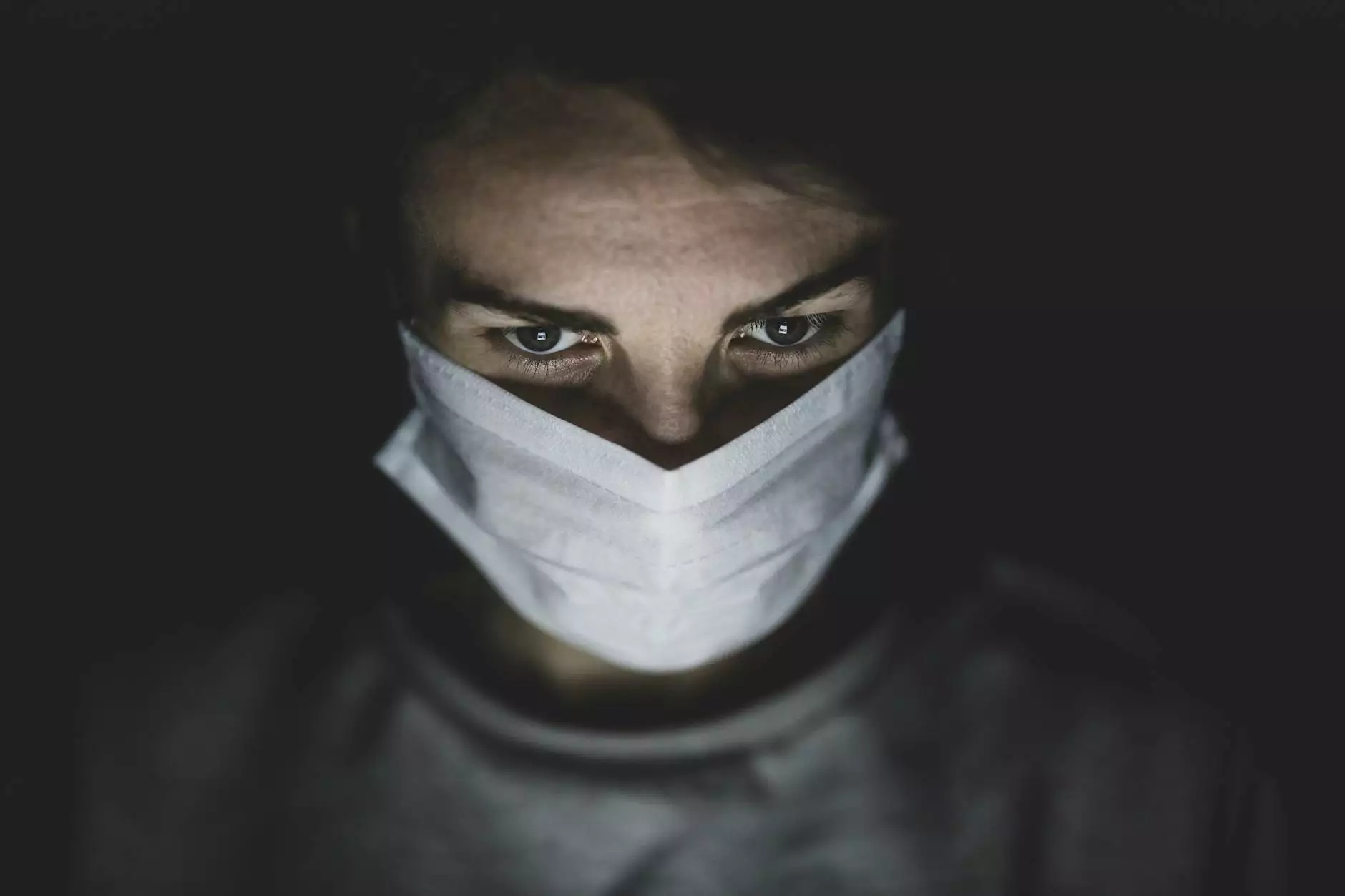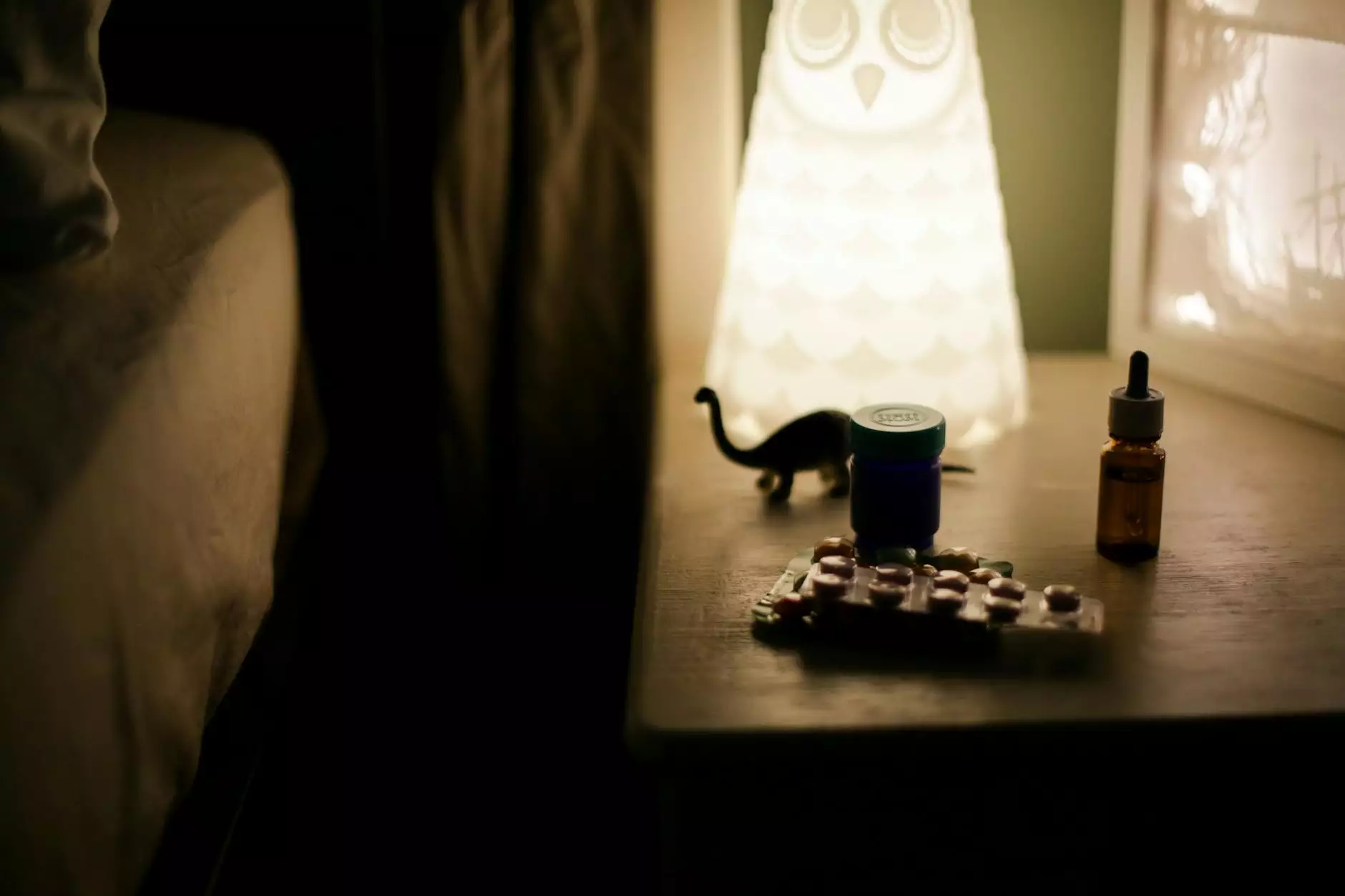Understanding the Symptoms of Restless Leg Syndrome Treatment

Restless Leg Syndrome (RLS) is a condition that affects millions of people worldwide, causing an uncontrollable urge to move one’s legs while at rest. Often described as uncomfortable or bizarre sensations in the legs, RLS can severely disrupt sleep and daily life. For those seeking insight into symptoms of restless leg syndrome treatment, this article aims to provide a detailed overview of the condition, its symptoms, and available treatment options.
What is Restless Leg Syndrome?
Restless Leg Syndrome is a neurologic disorder characterized by an overwhelming sense of discomfort or an unpleasant sensation in the legs during periods of inactivity, especially at night. This compelling urge to move the legs is typically relieved by movement, which can lead to significant disturbances in sleep patterns.
Symptoms of Restless Leg Syndrome
Identifying the right symptoms is crucial for those exploring symptoms of restless leg syndrome treatment. Common symptoms include:
- Uncomfortable Sensations: Often described as creeping, crawling, tingling, burning, or aching.
- Urge to Move: An irresistible impulse to move the legs, especially when sitting or lying down.
- Symptoms Worsen at Night: The sensations and urge to move are typically more pronounced during evening hours.
- Relief Through Movement: Symptoms are temporarily alleviated by walking, stretching, or moving the legs.
- Sleep Disturbances: The need to move can lead to insomnia or disrupted sleep.
Causes of Restless Leg Syndrome
While the exact cause of RLS remains unknown, several factors are believed to contribute to the onset of symptoms, including:
- Genetics: RLS often runs in families, suggesting a genetic component.
- Iron Deficiency: Low levels of iron in the brain are linked to RLS symptoms.
- Pregnancy: Hormonal changes during pregnancy can increase the likelihood of experiencing RLS, particularly in the third trimester.
- Chronic Diseases: Conditions such as diabetes, kidney failure, and peripheral neuropathy may increase the risk of developing RLS.
- Certain Medications: Some medications, including certain antihistamines and antidepressants, can exacerbate RLS symptoms.
Diagnosing Restless Leg Syndrome
The diagnosis of RLS typically involves a thorough evaluation by a healthcare provider, who will:
- Gather a comprehensive medical history.
- Perform a physical examination.
- Evaluate any sleep disturbances and their impact on daily functioning.
- Check for underlying health conditions, particularly iron deficiencies or other neurological disorders.
Treatment Options for Restless Leg Syndrome
When considering symptoms of restless leg syndrome treatment, it is important to understand that strategies can vary widely depending on the severity of symptoms and individual circumstances. Here are some common approaches:
Lifestyle Modifications
Simple lifestyle changes can often alleviate symptoms:
- Regular Exercise: Daily physical activity, such as walking or stretching, can help reduce symptoms.
- Good Sleep Hygiene: Establishing a regular sleep schedule and creating a comfortable sleep environment can improve sleep quality.
- Avoiding Triggers: Reducing or eliminating caffeine and alcohol, as well as avoiding nicotine, may lessen RLS symptoms.
Dietary Adjustments
For some individuals, adjusting their diet can make a significant difference. Important dietary considerations include:
- Iron-Rich Foods: Incorporate foods like red meat, beans, and spinach to boost iron levels.
- Folate and Magnesium: Foods rich in these nutrients, such as leafy greens and nuts, may be beneficial.
Medications
In cases where lifestyle changes are not enough, medications may be prescribed. Commonly used medications include:
- Dopamine Agonists: Such as pramipexole (Mirapex) and ropinirole (Requip).
- Anti-Seizure Medications: Gabapentin and pregabalin have shown effectiveness for some patients.
- Iron Supplements: For those with confirmed iron deficiency, supplements can be beneficial.
- Opioids: In severe cases, opioids may be prescribed as a last resort due to their dependency risk.
Alternative Therapies
Many individuals seek complementary therapies alongside conventional treatments. These may include:
- Massage Therapy: Gentle massage on the legs can provide relief from discomfort.
- Warm or Cold Compresses: Applying heat or cold may alleviate symptoms temporarily.
- Acupuncture: Some patients find relief through acupuncture treatments tailored to their symptoms.
- Aromatherapy: Certain essential oils, such as lavender, may promote relaxation and improve sleep quality.
When to Seek Medical Attention
If you experience frequent symptoms of RLS that interfere with your life, it is vital to consult a healthcare provider. Early diagnosis and treatment can prevent complications, including chronic sleep issues and diminished quality of life associated with persistent discomfort. Signs that warrant a medical evaluation include:
- Inability to sleep due to symptoms.
- Symptoms that worsen over time.
- Presence of other neurological symptoms, such as tingling or numbness.
The Importance of a Holistic Approach
Addressing RLS symptoms often requires a holistic approach that combines different treatment modalities tailored to the individual. RLS is not merely a sleep disorder but a complex condition that necessitates an understanding of the interplay between various health factors.
Conclusion
Understanding the symptoms of restless leg syndrome treatment can empower individuals to seek the appropriate care and make informed lifestyle choices. With effective management strategies, many patients can achieve relief from symptoms, improve their quality of life, and enjoy restful nights. For those facing challenges with RLS, consulting with healthcare professionals at Truffles Vein Specialists can be an essential step towards finding effective treatment options tailored to individual needs.
Embrace the journey towards better health and restful nights by taking the necessary steps today.









